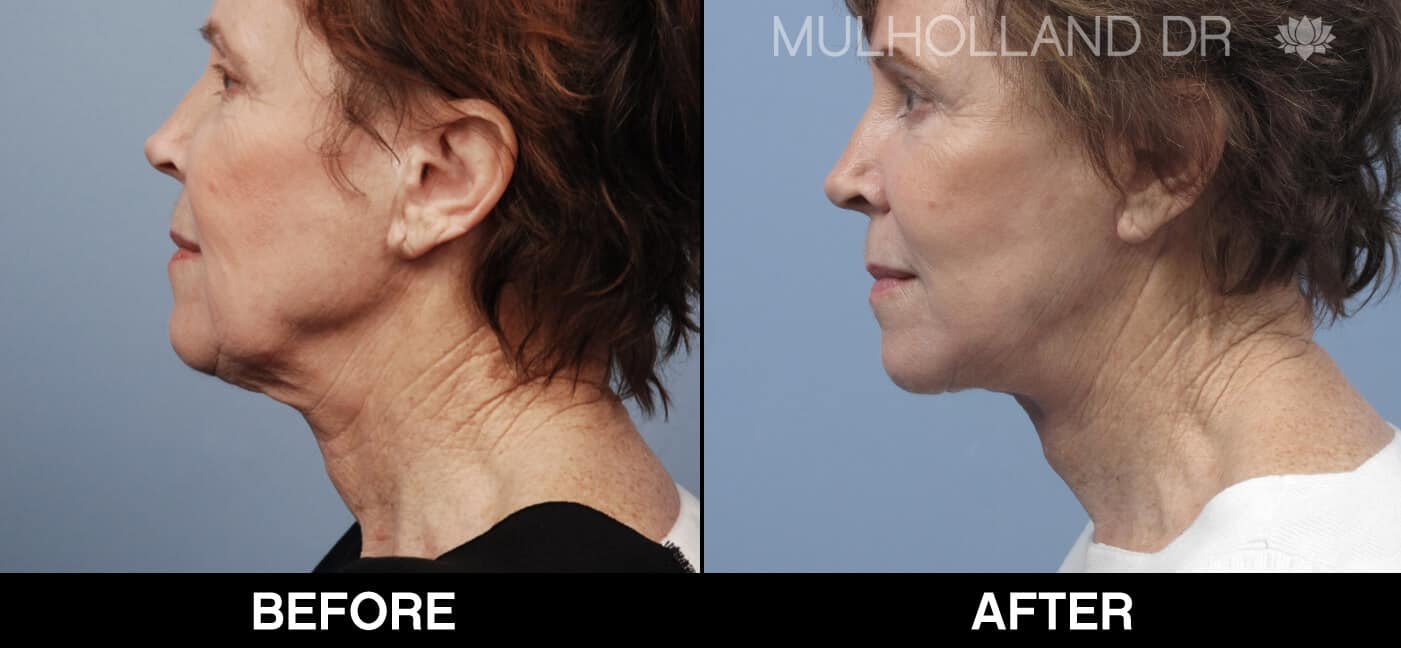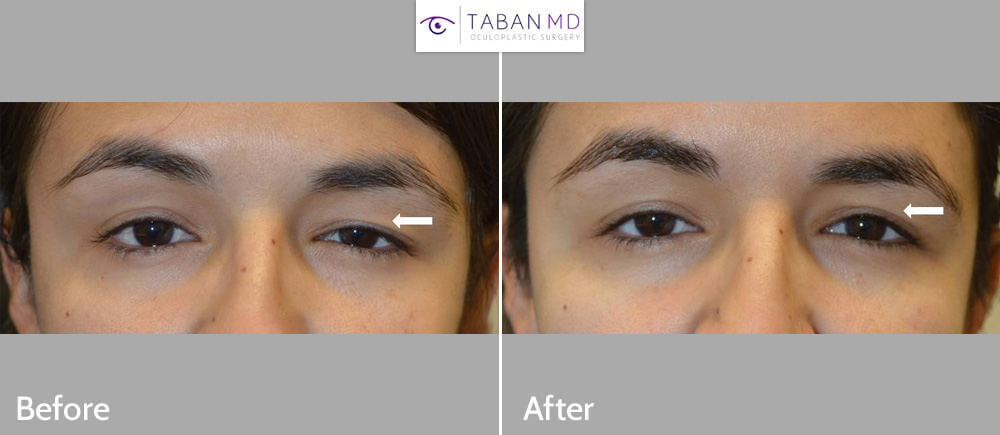
There are many treatment options for a deviated Septum. This problem can be treated with surgery or conservatively. Read about the risks and benefits of surgery before you make a decision. You may need to have your septum replaced in some cases.
The treatment options
It can be difficult to breathe if your septum is deviated. This condition can be treated with a variety of treatments. These treatments can ease the symptoms of sinusitis and stuffy nasal passages. They also delay surgery. Decongestants are medications that reduce nasal swelling. They can be taken orally or applied to the nose with a spray.
If the condition is mild and doesn't cause any complications, surgery can be performed. However, it is possible to have surgery if it becomes too severe and interferes with your ability to breathe. If non-surgical treatment fails, ENT doctors (also known as otolaryngologists) will often recommend surgery.
Options for Surgical Treatment
There are many surgical options that can correct a deviated nasal septum. These options can improve your breathing and reduce nasal congestion. You have two choices: repair of the valve or reduction of the turbinate. You can also have surgery done to remove polyps, or to improve the function your sinuses. The risks and benefits involved in surgery are important to consider.

Surgery will not solve all deviated sinuses. However, if the septum has become chronically congested or is interfering in your ability to breathe, you may need surgical treatment. A deviated Septum can make your nose look uneven and cause you to be self-conscious about what your appearance is. Surgical procedures such as septoplasty can straighten the septum and correct other nasal structural abnormalities. Patients can return home in the same day without any bruising, scarring, or swelling.
Surgery complications
Sinus infections can often be caused by a deviated Septum. These infections can cause irritation and inflammation of the nasal passages which can then lead to infections in your eyes and brain. If left untreated, they can spread to brain tissue, causing seizures or brain damage. In some cases, surgery may be required to correct the septum.
A deviated septum can cause complications. Even though there are very few risks, this surgery can lead to long-term problems. Symptoms can include bleeding, pain, and infection. Sometimes, patients will need consultation with a neurologist to address any complications.
Allergy treatment
A doctor will diagnose a deviated sinusum based only on the symptoms and an examination of the nose. The doctor will ask the patient detailed questions about their symptoms and their lifestyle in order to determine the root cause. They might also run a CT scan on the sinuses to determine how severe the condition is.
Patients may be able to reduce their symptoms by using allergy treatment for deviated sinusum. It can reduce swelling and alleviate congestion. However, it won't solve the underlying problem.

Alternatives to surgery
While surgery is the most common way to correct a deviated septum, there are also alternatives available. The best minimally invasive option to traditional surgery is endoscopic septoplasty. The surgeon can see bone and cartilage clearly, making it easy to pinpoint the problem.
This surgical procedure corrects the deviated septum by straightening the nasal septum and reinserting it into the nose. To achieve proper alignment, the surgeon might need to make some cuts and then insert the septum again. This will allow for better nasal airflow. But patients should be aware that the results of this surgery may not be permanent, and other conditions may make the condition worse.